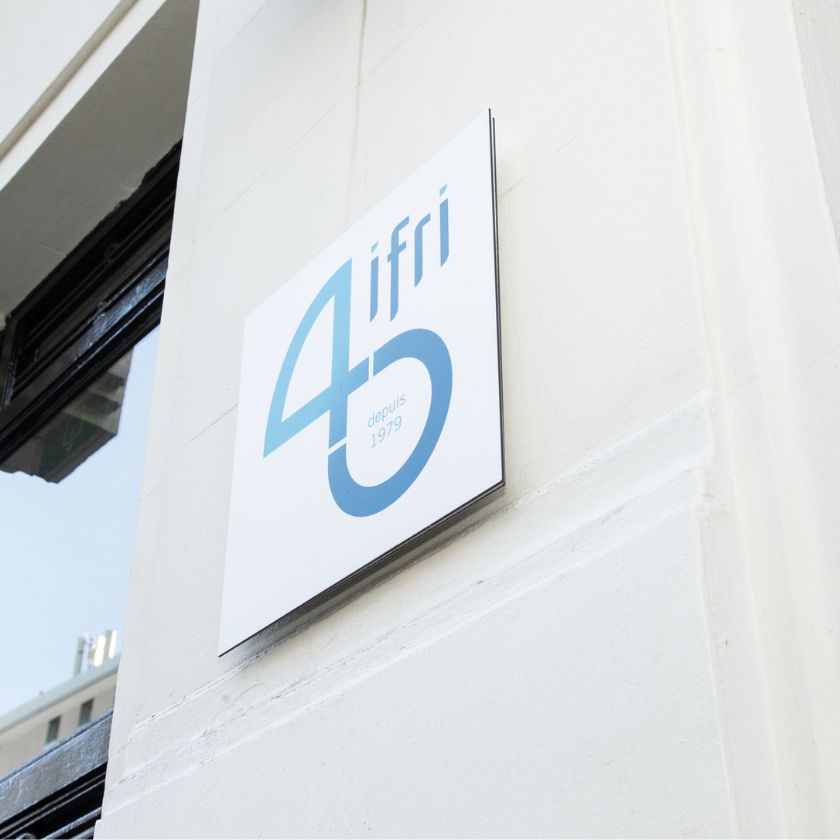
Informations pratiques
Thématiques et régions
Centres et programmes liés
Ceci est un événement réservé.
En savoir plus sur nos programmes de soutienDans le cadre de l'Ifri Energy Breakfast Roundtable, un séminaire avec Sarah Ladislaw, chercheur, Programme Energie et Securité Nationale, CSIS, Whashington, Oliver Sartor, chercheur, European Climate Policy, CDC Climat, Paris, et Isabelle Curien, analyste Carbone, Commodities Research, Global Market, Deutsche Bank, France. Présidé par Maïté Jaureguy-Naudin, chercheur et chef de projet au sein du Programme Energie de l'Ifri. Discutants: William C. Ramsay, chercheur, directeur du Programme Energie de l'Ifri et Jacques Lesourne, président du comité scientifique du Programme Energie de l'Ifri
Carbon markets are facing an increasing amount of challenges whether in Europe after many and various attacks -VAT fraud, hackers, reuse of CERs , plus falling demand following the recession - or in the US where many initiatives are threatened by the new Congress. This seminar intends to give a broad overview of the status of carbon markets across the world. Sarah Ladislaw, an energy expert at CSIS will address the state of the RGGI, the California work, the sentiment in Congress or that of recently elected state level officials and why the CCX in Chicago went out of the business and what that means. She will give us a perspective of the bottom up actions in the US. Oliver Sartor, research fellow at the CDC climat, will describe the status of the EU ETS prior to enter the 3rd phasis and the new rules to expect, how is ETS faring after the market crash in 2008-9 and the theft of permits from some European markets. To conclude these presentations, Isabelle Currien, Carbon Analyst with the Deutsche Bank, will focus on the CDM market whose future is one of the stakes in international climate negotiations. She will examine in particular the impact of new rules under the EU ETS on the development of CDM projects.
Intervenants
Sujets liés
Autres événements

L’équation énergétique de l’IA en Europe : entre compétitivité et soutenabilité
À l'heure où l'Europe s'efforce à la fois de renforcer sa souveraineté énergétique et de respecter ses engagements climatiques, l'intelligence artificielle s’avère un levier stratégique. Les Européens font toutefois face à un double défi : renforcer leur compétitivité tout en maîtrisant l’empreinte énergétique des infrastructures numériques nécessaires au développement de l’IA.

Conférence navale de Paris 2026 : Réarmement naval et opérations en eaux contestées
Cette quatrième édition de la Conférence navale de Paris (CNP), en réunissant des intervenants militaires, industriels et académiques de haut niveau, abordera les défis liés au réarmement naval général et aux opérations navales dans des environnements de plus en plus contestés.







